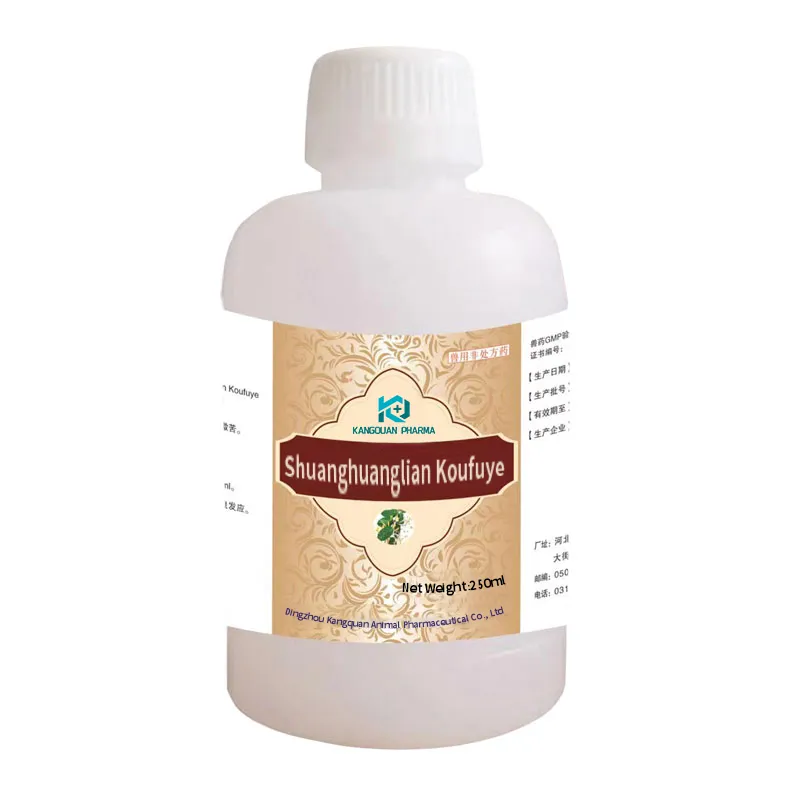- Afrikaans
- Albanian
- Amharic
- Arabic
- Armenian
- Azerbaijani
- Basque
- Belarusian
- Bengali
- Bosnian
- Bulgarian
- Catalan
- Cebuano
- Corsican
- Croatian
- Czech
- Danish
- Dutch
- English
- Esperanto
- Estonian
- Finnish
- French
- Frisian
- Galician
- Georgian
- German
- Greek
- Gujarati
- Haitian Creole
- hausa
- hawaiian
- Hebrew
- Hindi
- Miao
- Hungarian
- Icelandic
- igbo
- Indonesian
- irish
- Italian
- Japanese
- Javanese
- Kannada
- kazakh
- Khmer
- Rwandese
- Korean
- Kurdish
- Kyrgyz
- Lao
- Latin
- Latvian
- Lithuanian
- Luxembourgish
- Macedonian
- Malgashi
- Malay
- Malayalam
- Maltese
- Maori
- Marathi
- Mongolian
- Myanmar
- Nepali
- Norwegian
- Norwegian
- Occitan
- Pashto
- Persian
- Polish
- Portuguese
- Punjabi
- Romanian
- Russian
- Samoan
- Scottish Gaelic
- Serbian
- Sesotho
- Shona
- Sindhi
- Sinhala
- Slovak
- Slovenian
- Somali
- Spanish
- Sundanese
- Swahili
- Swedish
- Tagalog
- Tajik
- Tamil
- Tatar
- Telugu
- Thai
- Turkish
- Turkmen
- Ukrainian
- Urdu
- Uighur
- Uzbek
- Vietnamese
- Welsh
- Bantu
- Yiddish
- Yoruba
- Zulu
7 月 . 23, 2024 14:40 Back to list
Exploring the Efficacy of Ivermectin and Closantel Injection in Treating Parasitic Infections
Exploring the Efficacy of Ivermectin-Closantel Injection in Veterinary Medicine
Ivermectin-closantel injection has emerged as a significant therapeutic option in veterinary medicine, particularly in the management of parasitic infections in livestock. This combination therapy utilizes two potent antiparasitic agents—ivermectin and closantel—each possessing unique mechanisms of action that enhance their effectiveness against a broad range of parasites.
Exploring the Efficacy of Ivermectin-Closantel Injection in Veterinary Medicine
Closantel, on the other hand, exhibits a different mechanism of action. It is primarily effective against trematodes (flukes) and has a significant impact on certain species of nematodes. Closantel works by inhibiting oxidative phosphorylation and interfering with the energy metabolism of parasitic worms, leading to their death. This complementary action, when combined with ivermectin, provides a broad-spectrum anti-parasitic treatment that can be especially beneficial in livestock that are often co-infected with multiple parasites.
ivermectin closantel injection

The combination of these two drugs into a single injectable formulation has several advantages. First and foremost, it increases the convenience of treatment regimens, reducing the need for multiple injections or medications. This not only lowers the stress on the animals but also streamlines the treatment process for veterinarians and farm workers. Furthermore, the synergy between ivermectin and closantel enhances overall efficacy, leading to better health outcomes for treated animals.
Research and field studies have demonstrated the effectiveness of ivermectin-closantel injection in various animal species, particularly in cattle and sheep. Trials have shown significant reductions in the burden of gastrointestinal nematodes and ectoparasites. For farmers, this translates to improved weight gain, higher productivity, and healthier herds. The preventative aspect of this treatment is also crucial, as it reduces the prevalence of parasitic infections which can cause significant economic losses in the agricultural sector.
While the benefits of ivermectin-closantel injection are evident, it is essential to consider responsible usage to combat the growing issue of anthelmintic resistance. Over-reliance on a single class of drugs can lead to the establishment of resistant parasite populations, compromising treatment efficacy. Therefore, integrating this therapy within a broader parasite management program that includes rotational grazing, proper sanitation, and periodic monitoring is vital for sustainable livestock health.
In conclusion, the ivermectin-closantel injection represents a valuable advancement in parasitic disease management in veterinary practices. Its combined action against a variety of parasites not only enhances treatment effectiveness but also provides strategic advantages in livestock health management. As we continue to face challenges related to parasite control, the prudent use of such combination therapies will play a crucial role in promoting animal welfare and ensuring the productivity of livestock operations across the globe. Effective communication between veterinarians and farmers is essential to maximize the benefits of these treatments while mitigating the risks associated with parasite resistance.
-
The Power of Radix Isatidis Extract for Your Health and Wellness
NewsOct.29,2024
-
Neomycin Sulfate Soluble Powder: A Versatile Solution for Pet Health
NewsOct.29,2024
-
Lincomycin Hydrochloride Soluble Powder – The Essential Solution
NewsOct.29,2024
-
Garamycin Gentamicin Sulfate for Effective Infection Control
NewsOct.29,2024
-
Doxycycline Hyclate Soluble Powder: Your Antibiotic Needs
NewsOct.29,2024
-
Tilmicosin Premix: The Ultimate Solution for Poultry Health
NewsOct.29,2024













